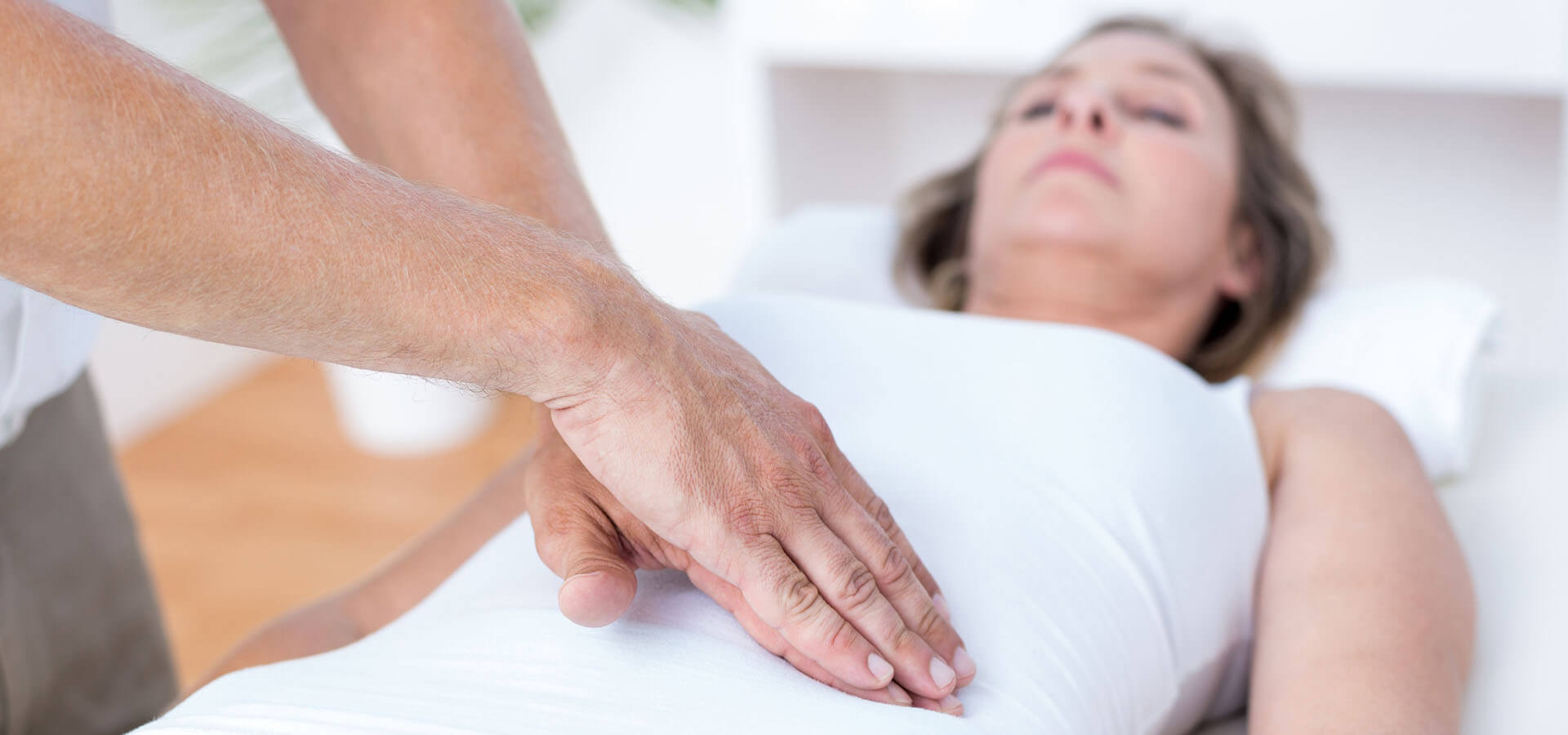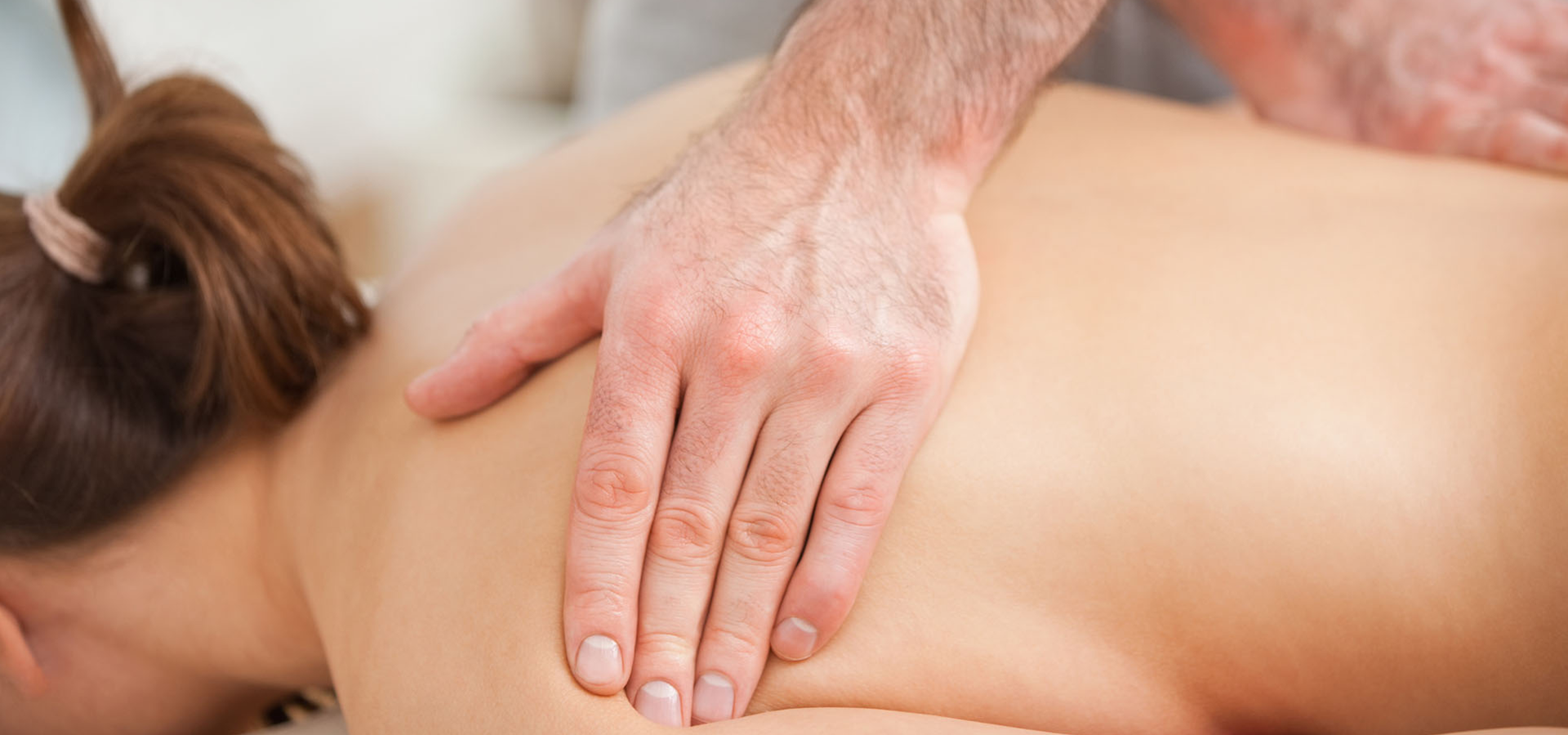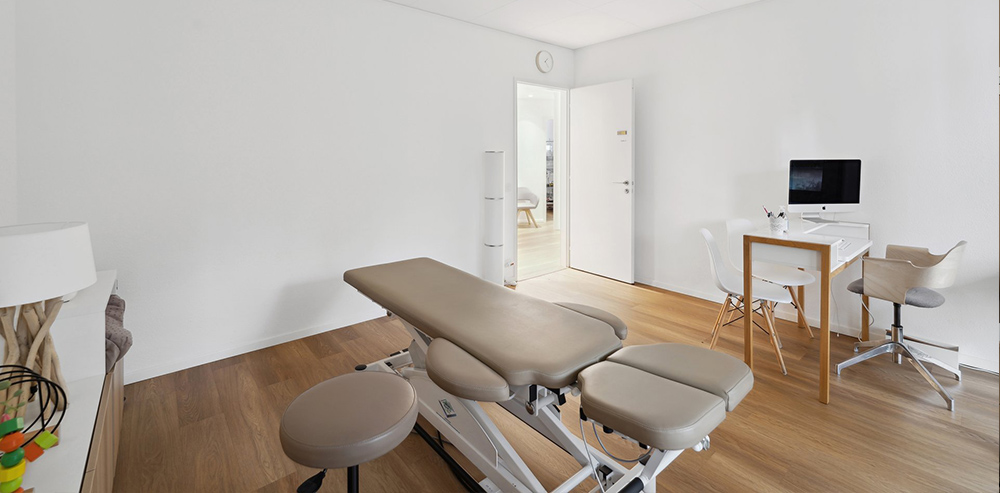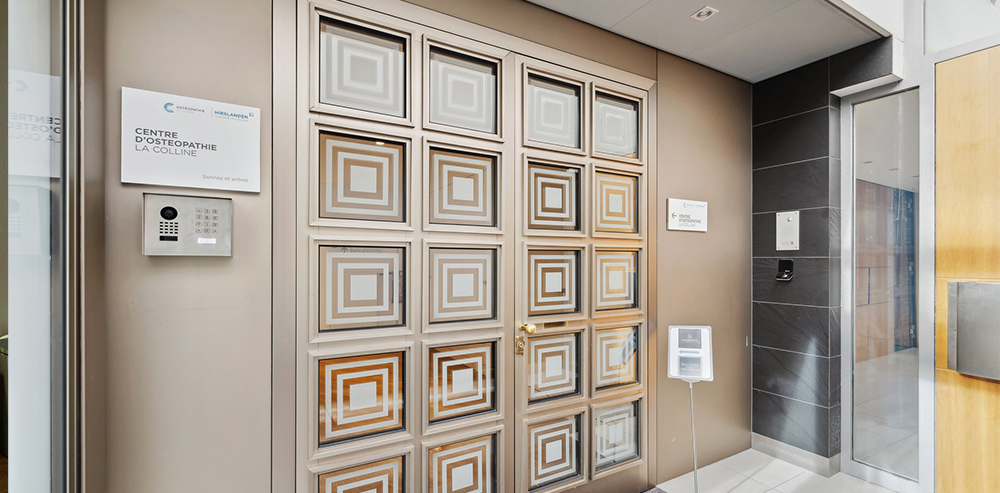
Osteopathy Center
La Colline, Geneva
We look forward to welcoming you to one of our osteopathic Centers.
To benefit from our care, you can schedule an appointment either online or by phone.
MAKE AN APPOINTMENTOur osteopaths team
At our center, in collaboration with Hirslanden Clinique La Colline, our team comprises seasoned practitioners with diverse training, extensive experience, and complementary methodologies.
This enables us to offer our patients a wide range of treatments, including muscular, cranial, visceral, and structural approaches, addressing each source of concern to provide effective relief.
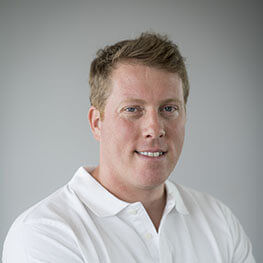
François Vatin
DIRECTOR
OSTEOPATH CDS
French - English
Graduate CDS-GDK
Graduate of the European Osteopathic College (C.O.E) of Cergy-Pontoise
Inter-University Diploma (D.I.U) Psychosomatics from the University of Paris Descartes
Assigned to the ATP and WTA tour, for the follow-up of our Professional
Tennis Players
Ostéo Swiss Member
Post-Graduate Training :- « GEPRO »
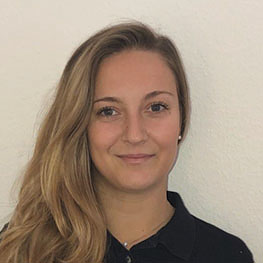
Lorraine De La Tousche
Osteopath CRS
French - English
Graduate of the European Osteopathic College (C.O.E) of Cergy-Pontoise
Bachelor in Osteopathic Medicine (France)
AFGSU Level 2: Certificate of Training in Emergency Management and Care
Post-Graduate Training :- Perinatal training: Osteopathic care of pregnant and post-natal treatments
- Perinatal training: Osteopathic care and treatment of infants, and children
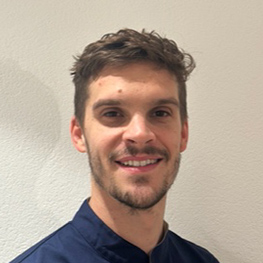
François Dupas
Osteopath
French - English
Graduate of the European Osteopathic College (C.O.E) of Cergy-Pontoise
Master in Osteopathic Medicine (France)
D.U strength conditioning and athletic rehabilitation
AFGSU Level 2: Certificate of Training in Emergency Management and Care
Post-Graduate Training :- Athlete's knee and hip
- The traumatic foot
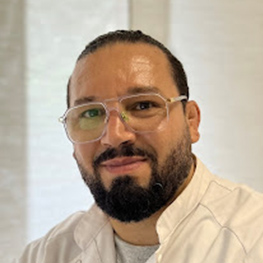
Boualem Benaissa
Osteopath
French - English - Portuguese - Arabic
Diploma in Osteopathy (D.O) - Atman Sophia-Antipolis School of Osteopathy - Valbonne
AFGSU Level 2: Certificate of Training in Emergency Management and Care
Post-Graduate Training :- Effects of osteopathic techniques on the Fascia - Memory
- Osteopathic Mechanical Link
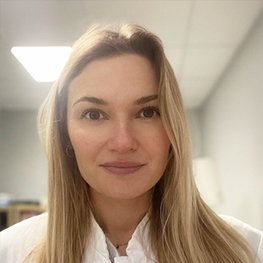
LAURINE VANDEN ABEELE
OSTEOPATH
French - English
Graduate of the European Osteopathic College (C.O.E Holistéa) of Cergy-Pontoise
Post-Graduate Training :- Osteopathic care for pregnant and postpartum women
- Osteopathic care of the female urogenital sphere
- Plagiocephaly and infant torticollis
- Jaw, the TMJ (temporomandibular joint)
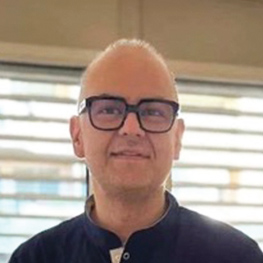
JUAN CARLOS MACHUCA ESTRADA
Massage therapist - ASCA
French - English - Spanish
+41 78 301 31 20
Diploma in Classical Therapeutic Massage – Esclarmonde, Geneva
Diploma in Traditional Thai Massage - Wat Pho Massage School, Bangkok
Diploma in Swedish and Sports Massage - Kiné-Concept, Montreal
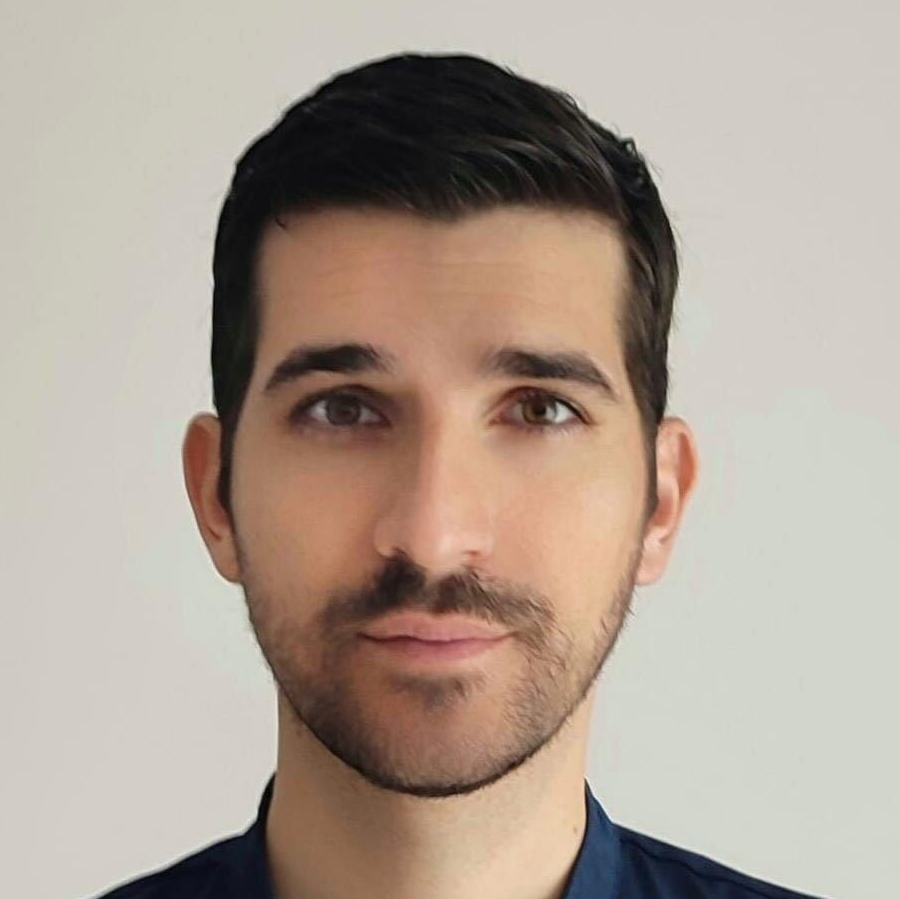
Thierry Ourgias
Osteopath
French - English
International Diploma in Osteopathy (D.O.)
ATMAN School of Osteopathy (Sophia-Antipolis) / European School of Osteopathy (Maidstone) / Molinari Institute of Health
Classical Massage Diploma - École Esclarmonde (Geneva)
PSC1 - European First Aid Certificate
Post-graduate training :- Neuroscience and pain mechanics
- Accompanying pregnant women
- Taping
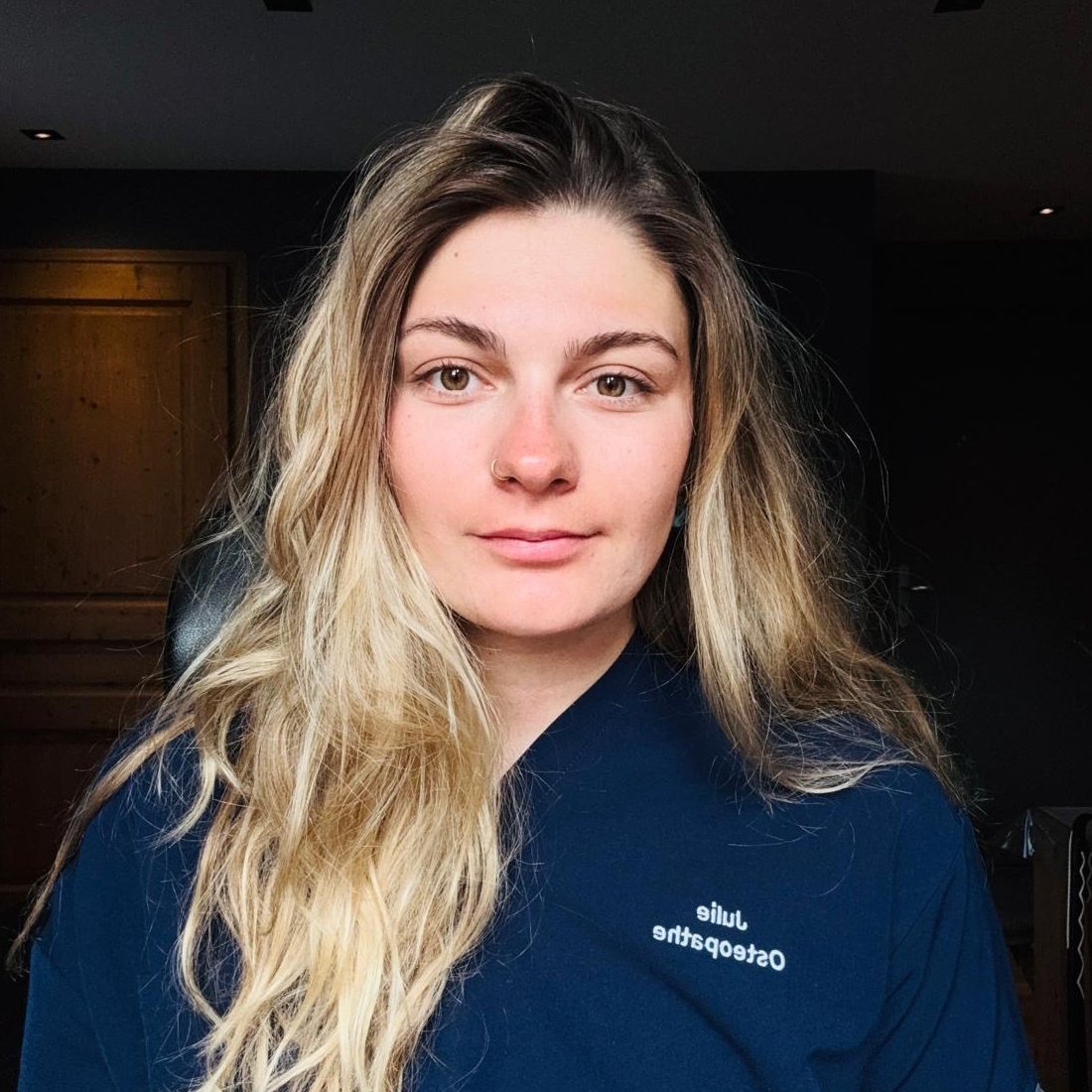
Julie Schemel
Osteopath
julieschemel.osteopathe@gmail.com
French - English - Spanish - German
Graduated from the Strasbourg Osteopathic College (COS)
(Osteopath in the XCO World Cup (MTB))
Postgraduate Training:- D.U Preventive Management of Sports Injuries (PPS)
- Cupping Therapy
- Taping
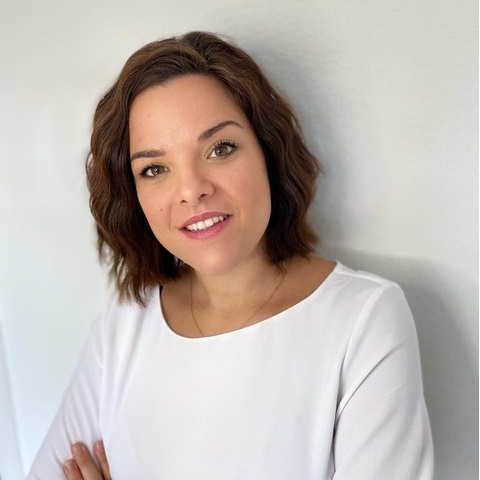
Mary-Laure Pilet
MCO Nutritionist - ASCA - Abdominal Massage
French
Degree: MCO Nutrition – TCMA, Geneva, Switzerland
Postgraduate Training:- Digestive disorders and gut microbiota imbalance – Oreka France
- Nutrition and supplementation (pregnant women, breastfeeding, young children) – Oreka France
- Environmental health, endocrine disruptors, and fertility – Oreka France
- Endocrine dysfunctions (thyroid, sex hormones) – Oreka France
- ASCA Certified (eligible for complementary health insurance reimbursement)
Osteopathic treatment : a global approach
Osteopathy offers a multitude of benefits. Our osteopaths adopt a holistic approach to treating each patient, encompassing adults, pregnant and post-natal women, babies, children, teenagers, athletes, and seniors. Leveraging a comprehensive understanding of anatomy and physiology, osteopathy effectively addresses various structural and functional issues.
While spinal conditions often prompt consultations in osteopathy, its scope extends far beyond. Explore the extensive range of discomforts and ailments that osteopathy can alleviate in the list below.
The most common ache :
Other areas Osteopathy encompasses:
Osteopathy, at any age of life
During the birthing process, newborns undergo significant pressure on their entire body, particularly on their skull, even in cases of smooth childbirth.
This pressure intensifies during prolonged or rapid deliveries and when tools like forceps or vacuum extractors are used. Such interventions may occasionally cause slight skull marking or deformation as the baby passes through the mother's pelvis.
Furthermore, these birthing tensions can trigger digestive issues (such as regurgitation, constipation, or colic), nervousness, anxiety, and sleep disturbances in newborns. These tensions can be addressed by an osteopath right from the earliest days of the newborn's life.
When should you seek consultation for your baby?
- Observing asymmetry in the infant's head: flatness or plagiocephaly, a flat or curved forehead, a raised area, partially closed eye, detached ear, swelling, or indications of forceps or vacuum extractor use.
- Instances of challenging childbirth: umbilical cord around the baby's neck, breech position, cesarean section, difficult passage of the baby, or premature birth.
- Digestive issues: diarrhea, constipation, colic, restlessness, or excessive crying.
- Torticollis or difficulty turning the head to one side.
- Restlessness, nervousness, sleep disruptions, crying, frustration, or anxiety.
- Strabismus (crossed or wandering eyes) in the baby.
- Difficulties with sucking.
- Persistent ear infections or rhinitis.
Growth constitutes a crucial phase in development, and each child's growth journey is unique, occasionally leading to discomfort or temporary imbalances.
Regular osteopathic check-ups for children and teenagers are pivotal in preventing the development of dysfunctions that could manifest as various disorders in adulthood. This monitoring is especially vital for children with scoliosis. Static irregularities (such as scoliosis, lordosis, kyphosis) indicate the body's inadequate adaptation. Specific diagnoses by osteopaths can determine the causes—whether visceral, traumatic, or cranial. Employing appropriate corrective techniques can ameliorate these spinal irregularities.
Children undergoing orthodontic treatment often experience tensions in the jaw and skull bones due to wearing braces, leading to stress, headaches, neck and back pain, or concentration difficulties.
When to seek consultation for your child or teenager?
- Preventive care: annual check-ups, commencement of sports activities or intensive training, initial steps, preparation for athletic competitions, or when wearing dental appliances.
- Signs of scoliosis or an unusual posture in children.
- Aches such as back pain, muscle discomfort, or joint pains
- Growth cartilage issues (like Osgood-Schlatter, Severs, Scheuermann diseases).
- Conditions like tendonitis (Achilles tendon, elbow, shoulder...), adductor pain, and pubalgia (in football).
- Headaches, migraines, or discomfort due to dental appliance wear.
- Gastrointestinal issues like abdominal pain, diarrhea, constipation, bloating, regurgitation.
- Concentration difficulties, dyslexia, nervousness, hyperactivity, or torticollis.
- Sleep disturbances or persistent crying.
- Frequent crying, withdrawn child
- IMC (Motor and Cerebral Insufficiency) concerns.
- Conditions like hypertonia or hypotonia, psychomotor issues, or developmental delays.
- Certain functional hearing and visual disorders.
- Enuresis or 'bed-wetting.
- Use of orthopaedic insoles.
Regardless of one's profession, prolonged hours in the same posture or repetitive motions are common occurrences.
Whether seated before a computer, carrying heavy objects, performing repetitive manual tasks, assuming challenging positions, or experiencing stress, these factors often lead to various musculoskeletal disorders (MSDs).
Mindful of these muscular and joint issues linked to occupational conditions, osteopaths utilize a method of care aimed at identifying and treating limitations in mobility that can affect the entire body.
The onset of initial discomfort or tension should prompt a visit to an osteopath, who will conduct a comprehensive assessment and restore the body's adaptability to the stresses it endures.
When should you seek consultation?
- Back pain: lumbar, thoracic, cervical, torticollis, herniated disc, or disc protrusion.
- Neuralgia: sciatica, cruralgia, cervico-brachial neuralgia, intercostal neuralgia.
- Pelvic pain: sacralgia, coccygodynia (coccyx pain).
- Functional urinary and anal incontinence.
- Post-surgical consequences.
- Headaches, certain types of dizziness
- Muscle discomfort: contractions, cramps, tightness, tendonitis.
- Conditions like osteoarthritis, arthritis, or osteoporosis.
- Joint discomfort: hips, knees, ankles, fingers, shoulders, or neck.
- Gastrointestinal issues: abdominal pain, functional colitis, diarrhea, constipation, bloating, epigastric pain, excessive belching, or gastric reflux.
- Post-traumatic concerns.
- Sleep disturbances, depression, anxiety, or stress-related symptoms.
Over time, the body undergoes gradual transformations leading to a decline in its overall functions, potentially resulting in the onset of disabilities.
These limitations can lead to a loss of independence, feelings of isolation, and have notable psychological and social impacts.
Seeking regular osteopathic care as early as possible helps restore and reinforce bodily functions by focusing on overall body mobility.
Sustaining good physical and mental health through preventive measures throughout life ensures well-being. For instance, osteopathic treatments enhance balance, alleviate short and long-term pain, thereby enhancing overall quality of life.
When should you seek consultation?
- Back pain: lumbar, thoracic, cervical, herniated disc, or disc protrusion.
- Neuralgia: sciatica, cruralgia, cervico-brachial neuralgia, intercostal neuralgia.
- Pelvic pain: sacralgia, coccygodynia (coccyx pain).
- Functional urinary and anal incontinence.
- Headaches, certain types of dizziness.
- Muscle discomfort: contractions, cramps, tightness, tendonitis.
- Conditions like osteoarthritis, arthritis, or osteoporosis.
- Joint discomfort: hips, knees, ankles, fingers, shoulders, or neck.
- Gastrointestinal issues: abdominal pain, functional colitis, diarrhea, constipation, bloating, epigastric pain, excessive belching, or gastric reflux.
- Sleep disturbances, depression, anxiety, or stress-related symptoms.
Any loss of mobility in joints, muscles, ligaments, or the visceral system can disrupt your body's balance. For athletes, this can manifest in various symptoms, ranging from simple muscle tension to chronic pain, ultimately affecting performance.
With a comprehensive approach to the body, an osteopath can identify and address the root causes of pain that hinder sports activities. Its efficacy extends to enhancing muscle potential, strength, joint flexibility, and respiratory capacity. Osteopathic treatment aids in improving pre-event concentration and optimizing post-exercise recovery.
When to seek consultation?
- Prevention: annual check-ups, competition preparation, prior to commencing an activity, or to enhance performance.
- Back pain, scoliosis, or joint discomfort.
- History of fractures, sprains, or surgeries.
- Strains, tendonitis (like tennis or golf elbow, Achilles tendon issues).
- Muscle discomfort: contractions, strains, tears, ruptures, and dislocation.
- Pubalgia and adductor pathologies (common in football).
- Use of orthopaedic insoles.
- Breathlessness during exertion, challenges in recovery (during and after exercises).
- Dislocations and periarthritis.
- Post-operative or post-trauma conditions.
Of course, pregnancy is not a pathological condition, but it is accompanied by many changes in the body in a short period of time.
While pregnancy itself isn't a pathological condition, it does introduce numerous bodily changes within a relatively short span.
However, if pregnancy coincides with existing bodily tensions, dysfunctions, or mobility limitations, these changes can disrupt adaptation, potentially causing discomfort or pain. In such cases, the osteopath's objective remains consistent: realign the body, restoring its adaptive capabilities.
For instance, rapid weight gain alters posture, often leading to spinal discomfort—commonly lumbar and back pain, acute low back pain (lumbago), sciatica, or torticollis. Here, the osteopath aims to ease spasms, alleviate compression, and reinstate mobility in the affected joints. Techniques are selected with consideration for the pregnancy term and the expectant mother's comfort.
Osteopathy effectively addresses digestive issues (like nausea, constipation, heaviness) and venous concerns related to pregnancy, providing relief without oral medications contraindicated for pregnant women.
Consulting an osteopath towards the end of pregnancy can prepare the pelvis for childbirth, potentially reducing stress during delivery.
When to seek consultation?
DURING PREGNANCY:
- Preventive care: Trimester-wise pregnancy monitoring, delivery preparation.
- Back pain: lumbago, sciatica, cruralgia, dorsalgia, and neck pain.
- Pelvic discomfort, tension, sacralgia, coccygodynia.
- Abdominal issues, constipation, bloating, nausea, vomiting, diaphragm contractures.
- Thoracic and intercostal discomfort
- Fatigue, breathlessness, sleep disturbances, depression or baby blues.
- Headaches and certain types of dizziness.
- Circulatory concerns (phlebitis, leg heaviness, edema).
AFTER CHILDBIRTH:
- Preventive care: Postpartum check-ups, preparation for perineal rehabilitation.
- Lumbar and pelvic (sacrum, coccyx, perineum), dorsal, and cervical pain.
- Functional urinary and anal incontinence.
- Pain during sexual intercourse.
- Cesarean and epidural considerations (scar treatment).
- Emotional well-being: baby blues, anxiety, depression, fatigue, stress.
Prevention: a guarantee of health
Trauma, whether physical or emotional, old or undetected, can cause painful sequelae even years later.
The osteopath makes everyone aware that they are responsible for their own health, which they can preserve through regular osteopathic follow-up.
Prices and reimbursements for an osteopathic consultation
Understanding Osteopathy Insurance Coverage During Illness
Basic insurance (LaMal) typically excludes Osteopathy coverage but can be reimbursed through supplementary insurance policies. We strongly advise verifying your insurance contract for Osteopathy coverage by contacting your insurance provider.
Contrary to common assumptions, in 95% of cases, supplementary insurance involves no deductible; only the basic insurance plan is usually affected.
Osteopathy Coverage in Case of Accidents by Insurance
Accident insurance may cover Osteopathy treatments. However, coverage can differ among insurance companies. We recommend reaching out directly to your insurance provider for specific details. Payments for sessions are typically made after each session, following a similar process as with illness coverage.
Insurance for Osteopathic Care
As certified osteopaths registered with R.M.E (Register of Empirical Medicines), A.S.C.A, and notably C.D.S (Commission of Health Directions), accredited by the Swiss Red Cross, we emphasize that basic insurance (LaMal) presently does not cover osteopathic treatments. However, supplementary insurance often provides full or partial reimbursement for consultations. Feel free to contact your supplementary insurance provider to inquire about reimbursement terms.
Make an appointment
Osteopathy La Colline Malagnou
53, route de Malagnou
1208 Geneva
Monday to Saturday from 8:00 to 19:00
022 552 30 30
Office hours: 8am to 7pm Monday to Friday and 8am to 12pm Saturday
MAKE AN
APPOINTMENT
Contact
© 2019 La colline, Osteopathy Center | Legal information
